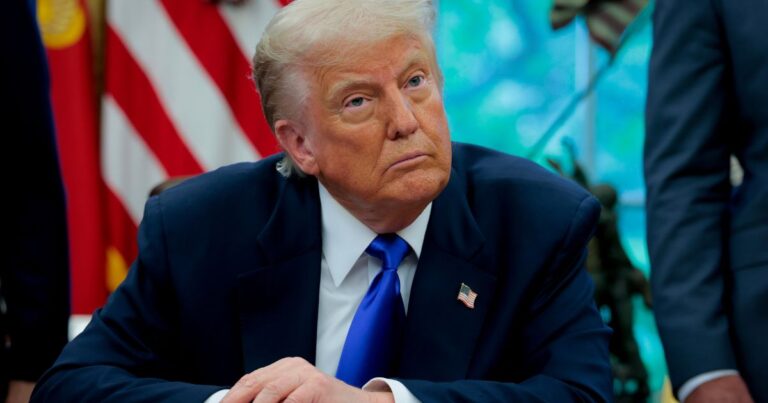On Thursday, the state of New York filed its response to President-elect Donald Trump appealing to the Supreme Court to block his Friday sentencing in the falsified records case. DA Alvin Bragg said that Trump’s step was “extraordinary” and that “there is no basis for such intervention.”
The filing noted that Judge Juan Merchan has indicated that he will impose a sentence of unconditional discharge, which is a sentence “without imprisonment, fine or probation supervision” or any other “condition upon the defendant’s release,” and that the people “do not oppose” such a sentence. “Once sentenced, defendant may appeal every preserved argument in the ordinary course,” the filing stated.
Bragg wrote that the Supreme Court “lacks jurisdiction over a state court’s management of an ongoing criminal trial when defendant has not exhausted his state-law remedies” and there has not been a final judgment or decree from the New York Court of Appeals.
“Lack of jurisdiction aside, defendant has not satisfied the stringent standards necessary to support the ‘extraordinary remedy’ of a stay,” the filing stated. “His assertion that any invocation of presidential immunity automatically entitles him to a stay pending appeal is incorrect; this Court must instead consider whether a stay is appropriate for the particular claims of immunity that defendant has raised. Here, neither of defendant’s specific claims comes close to justifying a stay of the forthcoming sentencing.”
“First, defendant claims that his recent election as President immediately entitled him to the same immunity from prosecution as the sitting President and thus exempts him from the January 10 sentencing,” the filing stated. “That is, defendant makes the unprecedented claim that the temporary presidential immunity he will possess in the future fully immunizes him now, weeks before he even takes the oath of office, from all state-court criminal process.”
The filing later added, “Second, defendant claims that the state trial court improperly admitted evidence of defendant’s official acts during trial (Application 19-20) in violation of this Court’s holding in Trump that certain ‘testimony or private records of the President or his advisers probing [an] official act’ are inadmissible at trial.
“But this type of claim, although ostensibly based on immunity, does not support an interlocutory appeal or an automatic stay pending appeal because it is not an argument that defendant is immune from suit on the underlying criminal charges, which here are concededly based on defendant’s unofficial conduct having no connection to any presidential function.”It



